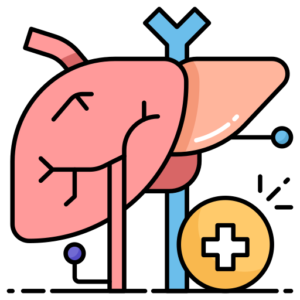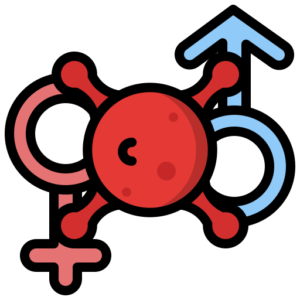The Absolute Eosinophil Count measures the number of eosinophils, a type of white blood cell, in the blood. Eosinophils play a crucial role in the body’s immune response, especially in combating allergies, infections, and certain autoimmune conditions.
Purpose of the Test:
•Diagnose allergies: Elevated eosinophil levels are often linked to allergic conditions like asthma, hay fever, or eczema.
•Detect parasitic infections: High counts may indicate parasitic infestations, such as worms or protozoal infections.
•Assess autoimmune or inflammatory conditions: Helps identify disorders like eosinophilic esophagitis or certain autoimmune diseases.
•Monitor blood disorders: Used to evaluate conditions like eosinophilic leukemia or hypereosinophilic syndrome.
The Absolute Eosinophil Count measures the number of eosinophils, a type of white blood cell, in the blood. Eosinophils play a crucial role in the body’s immune response, especially in combating allergies, infections, and certain autoimmune conditions.
Key Notes:
•A high eosinophil count (eosinophilia) can indicate allergies, parasitic infections, or autoimmune diseases.
•A low eosinophil count is generally not a cause for concern but may be seen in certain infections or stress.
•This test is often performed as part of a Complete Blood Count (CBC) or during allergy testing.






Reviews
There are no reviews yet.